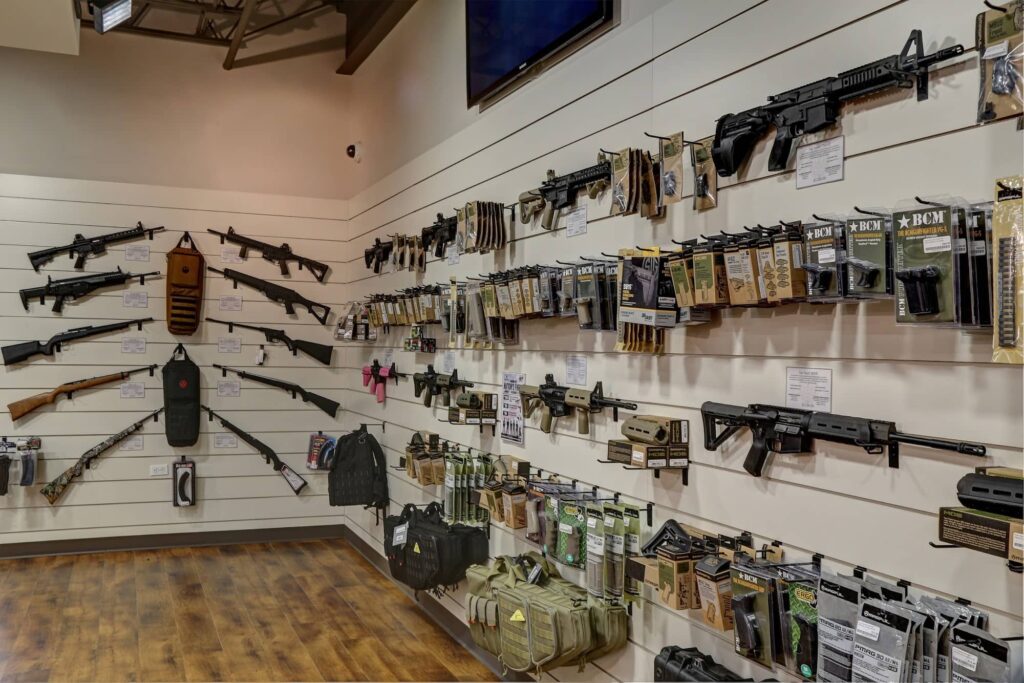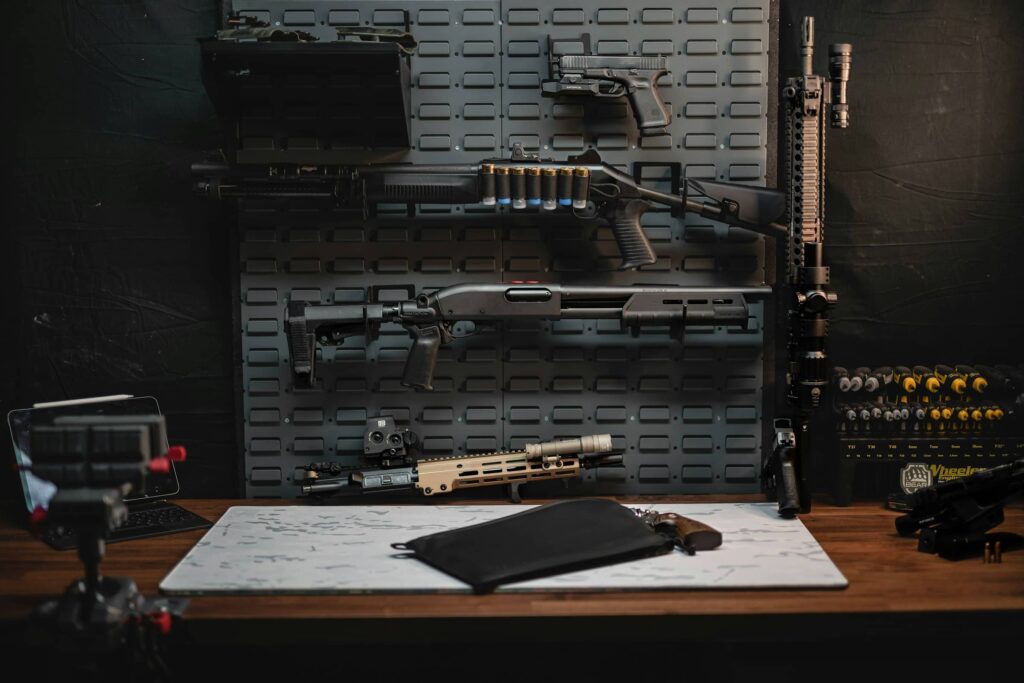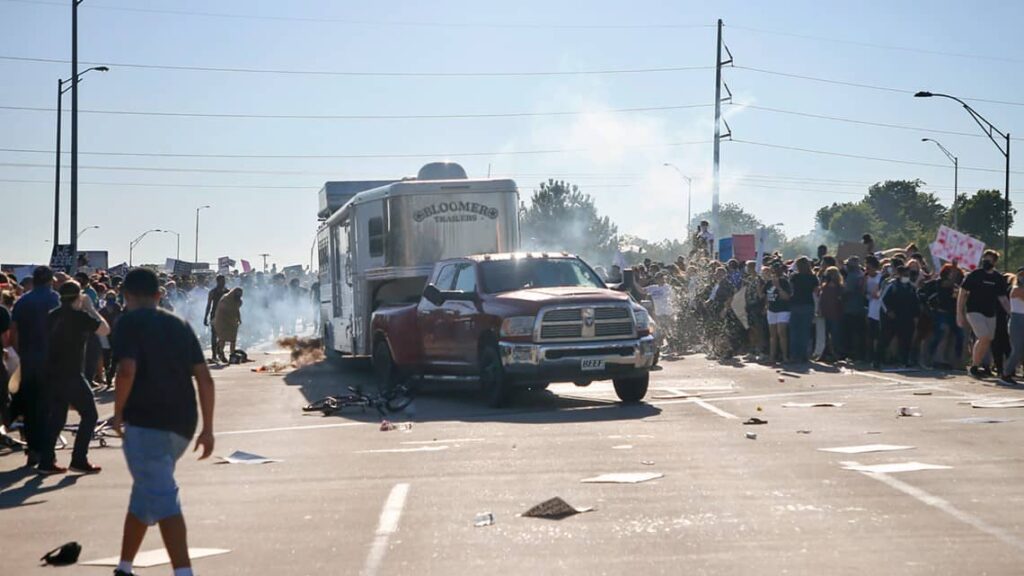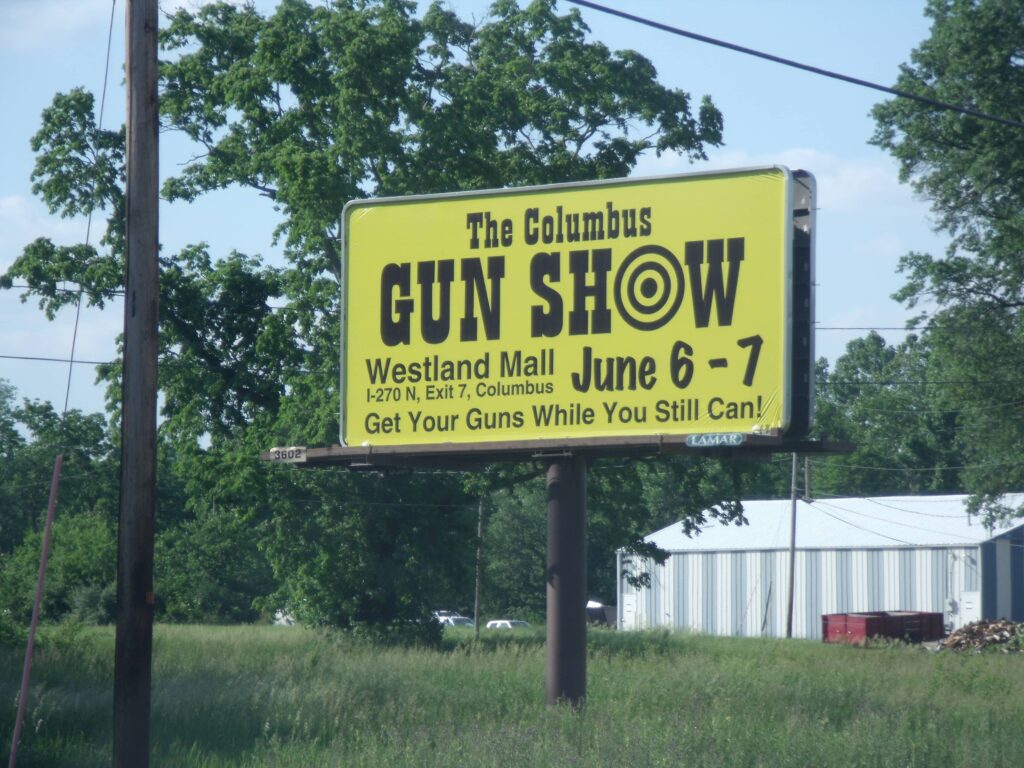Does protecting gun manufacturers from lawsuits undermine justice? Whether you are for or against it, the Protection of Lawful Commerce in Arms Act (PLCAA) continues to create a rift between pro-gun and pro-gun control groups.
This law, passed back in 2005, was put in place to protect gun manufacturers and FFL dealers from getting hit with lawsuits when crimes are committed with their products. Let’s break down why the PLCAA was created, what it covers, and where it stands today.
I cover this act and others like it in my post – Understanding United States Gun Laws: A Comprehensive Guide. Check it out to see the full picture of US gun laws.
Table of Contents
Why Was the PLCAA Enacted?
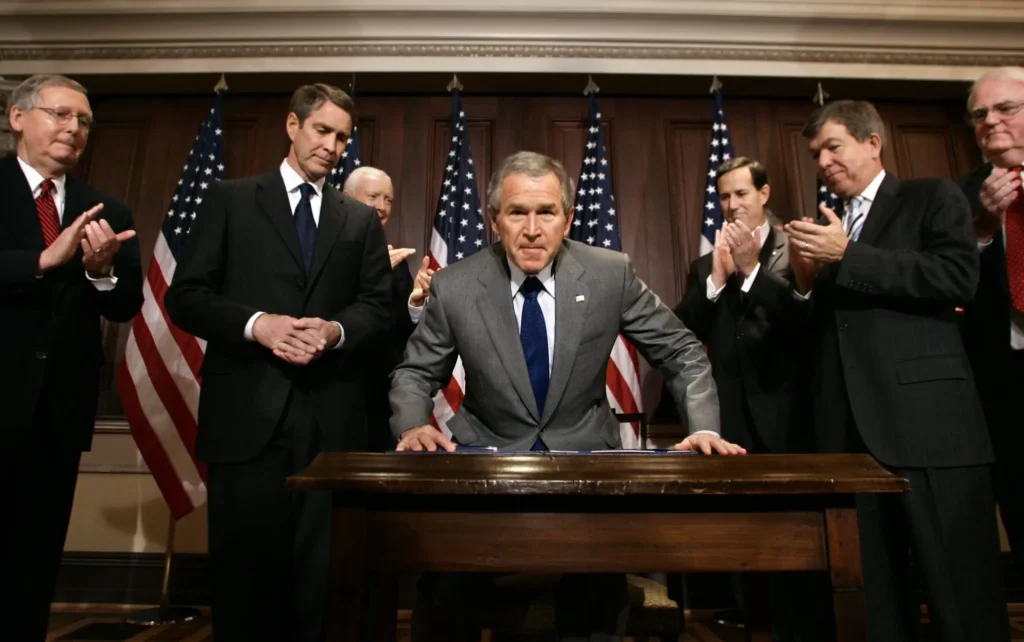
In the late ’90s, both our government officials and individuals started filing lawsuits against gun manufacturers. They argued that their business practices contributed to public violence. Essentially, they wanted to hold the gun industry responsible for crimes committed with guns, regardless of who performed the crime. To many, that seemed like holding car makers liable for crashes.
The PLCAA was Congress’s way of saying, “Let’s not go down that road.” Signed by President George W. Bush, this law aimed to protect the firearms industry from these lawsuits, allowing them to focus on lawful sales without worrying about every criminal act involving a gun.
What the PLCAA Covers—and What It Doesn’t
The PLCAA gives broad immunity to gun manufacturers, dealers, and importers. In simple terms, it says they can’t be sued if a third party misuses a gun. But it’s not a complete shield. There are a few exceptions, like the “predicate exception.” Which is just legalese for situations where manufacturers or sellers knowingly break laws tied to gun sales or marketing. For instance, If a dealer sells a firearm when they know the buyer shouldn’t have one, they’re still on the hook.
Other scenarios, like “negligent entrustment” (selling to someone who’s clearly a danger), can also lead to lawsuits. So, while the PLCAA offers protection, it’s not a free pass for bad actors and idiot FFLs.
Cases That Tested the PLCAA’s Limits
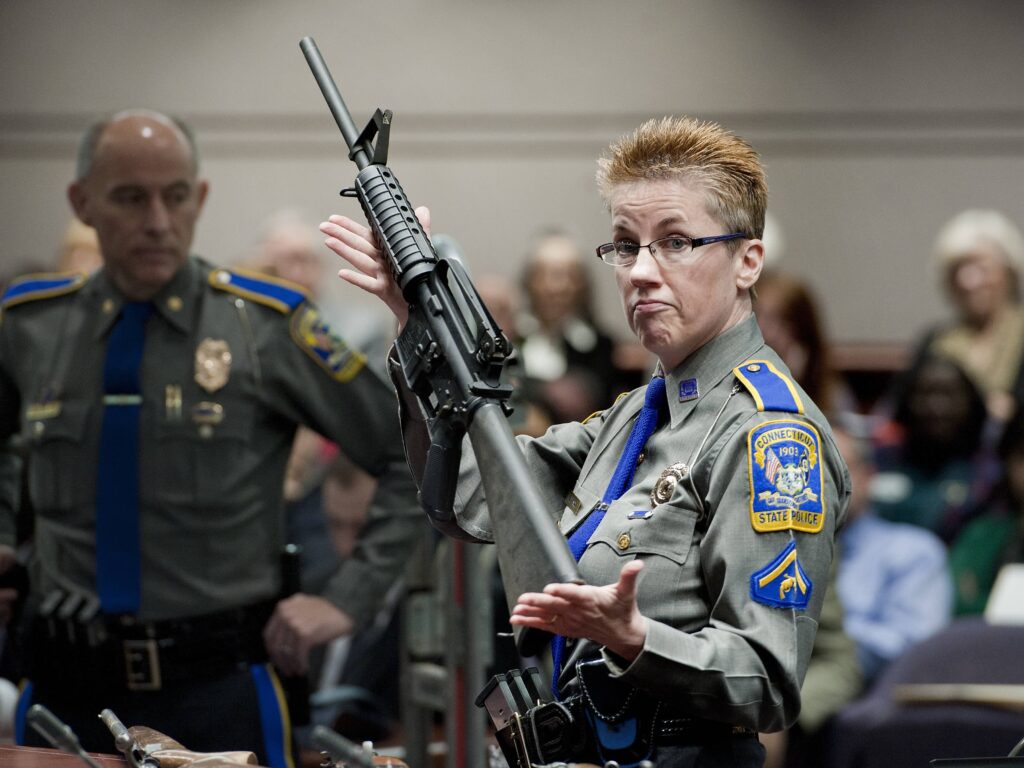
So where did the PLCAA come from? Groups like the NRA and the National Shooting Sports Foundation were instrumental in lobbying for the PLCAA, arguing that these lawsuits threatened the lawful operation of firearms businesses.
Their stance was that manufacturers and dealers should not be punished for the actions of individuals beyond their control. This push for protection led to the creation of the PLCAA by Representative Larry Craig (R-Idaho), which was specifically designed to provide broad immunity to federally licensed manufacturers, dealers, importers, and ammunition sellers.
The purpose was clear: to safeguard these entities from debilitating legal battles and to ensure that lawful commerce in firearms could continue without the constant risk of legal fallout from crimes committed by third parties. In essence, the PLCAA acts as a shield, protecting the industry from being unfairly targeted while reinforcing the importance of responsible and lawful firearm transactions.
Impact of the PLCAA on Gun Industry Lawsuits
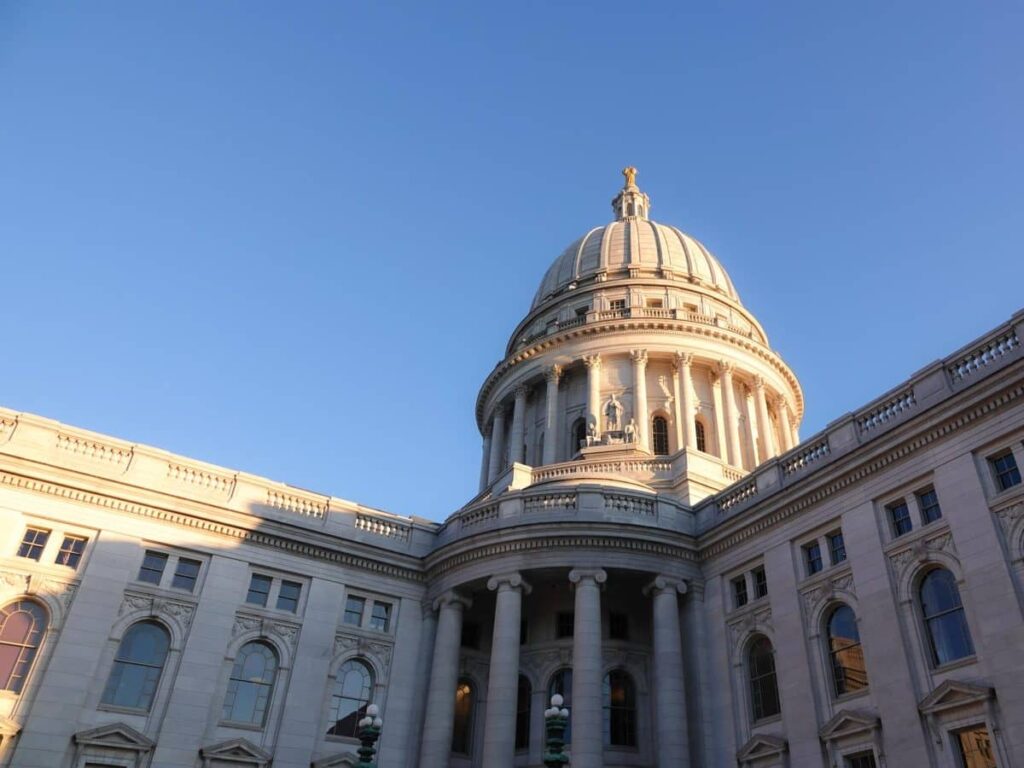
So when was the PLCAA veil pierced? The largest case was the Sandy Hook case where victims’ families argued that Bushmaster’s (subsidiary of Remington) marketing practices violated state laws. This case was able to move forward under the “predicate exception”.
The Sandy Hook case isn’t the only one to test the PLCAA’s limits. Another significant case was against Badger Guns, where the dealer was found negligent in selling firearms later used in criminal activities. The court awarded a $6 million verdict, showing how the PLCAA’s exceptions can hold the industry accountable in cases of clear misconduct.
The PLCAA has also faced challenges to its constitutionality. As of 2020, there have been several cases questioning whether the Act overreaches, and while most courts have upheld the PLCAA, it only takes a prominent case for a new precedent to be set.
What Efforts Have Been Made to Repeal the PLCAA?
Some people see the PLCAA as a problem because it uniquely shields the gun industry from lawsuits in ways other industries aren’t protected. Critics argue that this makes it difficult for victims of gun violence to seek justice, even when there’s clear evidence of negligence or irresponsible behavior on the part of manufacturers or dealers. For example, if a car company or a drug manufacturer were found to be negligent, they could be held accountable in court—but the PLCAA gives the gun industry a level of immunity that critics believe is unfair and even dangerous.
What Legislative Efforts Have Been Made to Repeal the PLCAA?
There have been several pushes to either repeal or amend the PLCAA. One notable effort is the Equal Access to Justice for Victims of Gun Violence Act, introduced by Senator Richard Blumenthal (D-CT) and others. This proposal aims to repeal the PLCAA, thus allowing gun manufacturers and dealers to be held accountable in civil court, just like companies in other industries. Supporters say this would give victims of gun violence a way to seek compensation if there’s evidence of negligence or wrongdoing.
Has the PLCAA Faced Any Constitutional Challenges?
Yes, the PLCAA’s constitutionality has been challenged multiple times in court. Most courts have upheld the Act, but there have been some exceptions. For example, in the Gustafson v. Springfield Armory case, Pennsylvania’s Superior Court found the PLCAA unconstitutional under the Tenth Amendment, making it one of the few cases where the Act was successfully challenged. This highlights the ongoing debate over the PLCAA’s legal standing.
Recent Developments and Future Implications of the PLCAA
In February 2022, families of the Sandy Hook victims reached a $73 million settlement with Remington. This was a big moment because it showed that, even with the protections the PLCAA provides, there are still ways for families and individuals to seek accountability in certain cases. This settlement was possible thanks to an exception in the PLCAA, signaling that, under specific circumstances, manufacturers can still be held responsible.
Starting in 2021, several states began passing their own laws to add more accountability for the gun industry. These states believed the PLCAA was to lenient on FFL holder. It’s a sign that some states are working to increase accountability within the industry, creating a more of a legal headache for gun shop owners and FFLs.
States That Enacted PLCAA Workarounds
- New York – Passed Senate Bill 7196 in July 2021, allowing lawsuits against gun manufacturers and dealers.
- California – Enacted legislation (AB 1594) in 2022, modeled after New York’s law.
- Delaware – Passed a law in June 2022 requiring “reasonable controls” on gun sales and distribution.
- New Jersey – Enacted a similar law in early July 2022.
- Hawaii – Passed legislation on April 26, 2023, effective July 1, 2023.
- Colorado – Enacted a law on April 28, 2023, effective October 1, 2023.
- Washington – Passed legislation on April 25, 2023, effective July 23, 20231.
- Illinois – Enacted a law on August 14, 2023, effective immediately1.
- Maryland – Passed legislation on May 16, 2024, effective June 1, 2024
States That Strengthened the PLCAA
- Arizona – Enacted Senate Bill 1382 on May 7, 2021, providing legal protections for the firearms industry against liability lawsuits for unlawful use of their products.
- Iowa – Passed House Bill 621 on June 1, 2021, protecting manufacturers, importers, distributors, and dealers from lawsuits seeking damages from criminal or unlawful use of firearms by third parties.
All of these changes—large settlements, new state laws, and the potential for broader legal interpretation—show gun laws in the U.S. are probably always going to be a hot topic.
Final Words
Since 2005, the Protection of Lawful Commerce in Arms Act (PLCAA) has had a major impact on the laws pertaining to firearms. The act is still controversial and the subject of judicial challenges. Its exceptions, such as the “predicate exception,” help show how intricate the laws governing the sale of firearms are.
FAQs
As time has gone on, views toward holding the industry accountable have changed. The influence of the PLCAA is still changing and subject to interpretation, as seen by recent state legislation and well-known court judgments. It seems like only time will tell what the future is for the PLCAA.
- The Right Gear for Upland Hunting - December 21, 2024
- How to Get a Suppressor in a Few Steps - December 5, 2024
- What is The Protection of Lawful Commerce in Arms Act? - November 15, 2024

